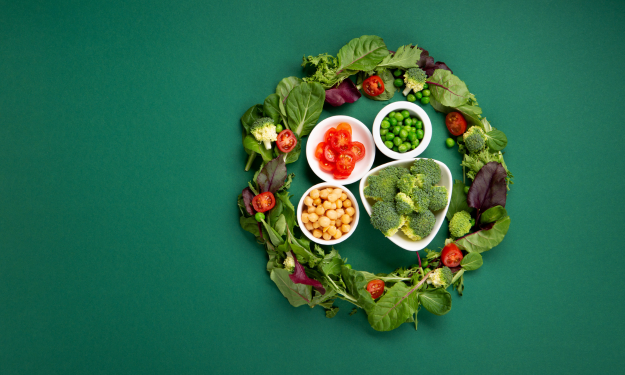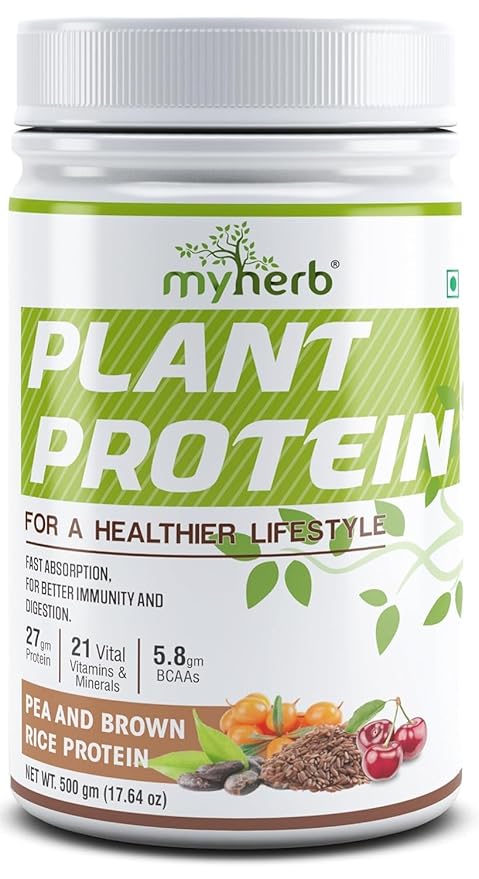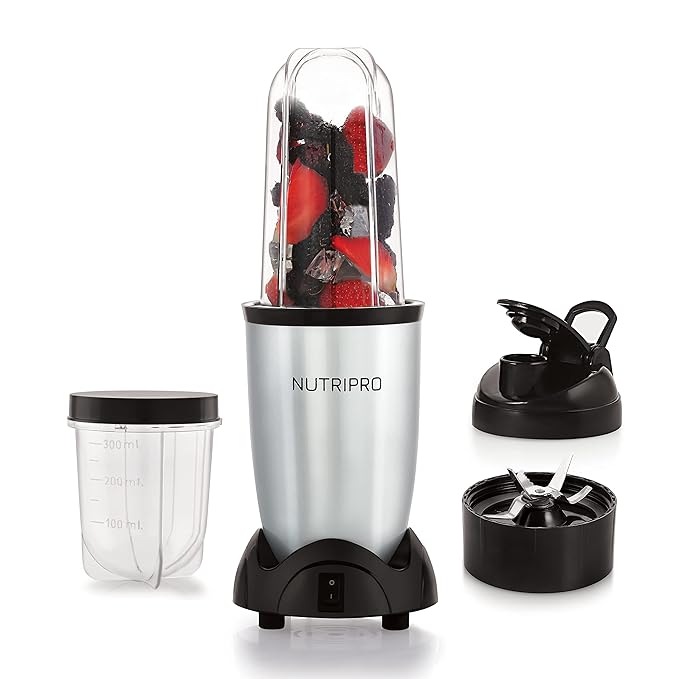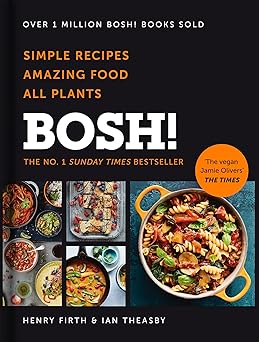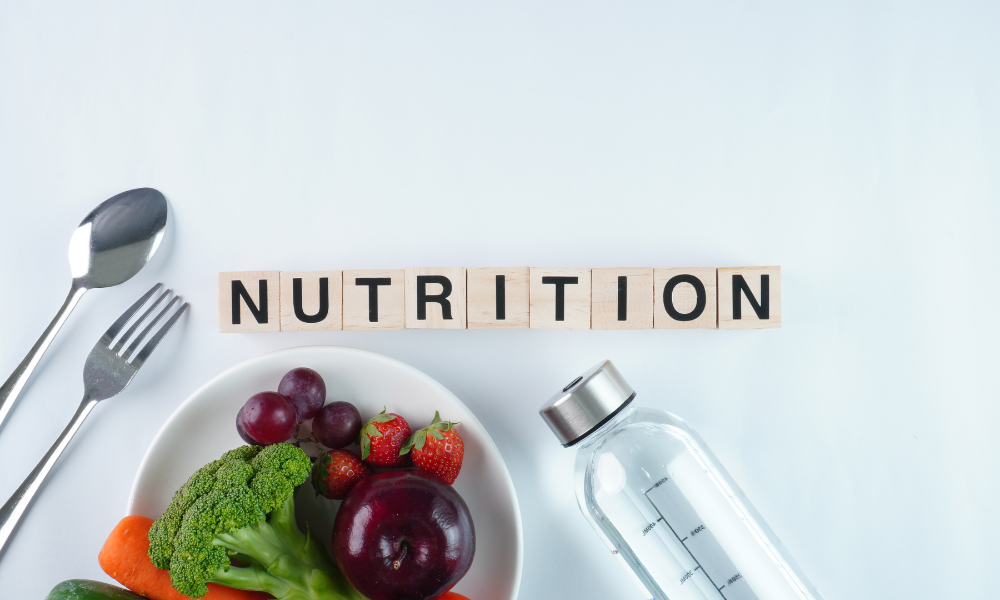Plant-Based Diet Myths Busted: Separating Facts from Fiction
Plant-based eating is more than just a trend—it’s a global movement toward healthier lifestyles, environmental sustainability, and ethical food choices. From celebrities to athletes to everyday families, more people are embracing plant-powered diets than ever before.
But with popularity comes misinformation. You’ve likely heard someone say things like:
- “You can’t get enough protein without meat.”
- “Plant-based diets are too expensive.”
- “It’s impossible to be strong or athletic without animal products.”
These statements are not only misleading but also discourage many from exploring the benefits of plant-based eating. In this blog, we’ll bust the most common myths about plant-based diets, backed by science, nutrition, and real-world examples.
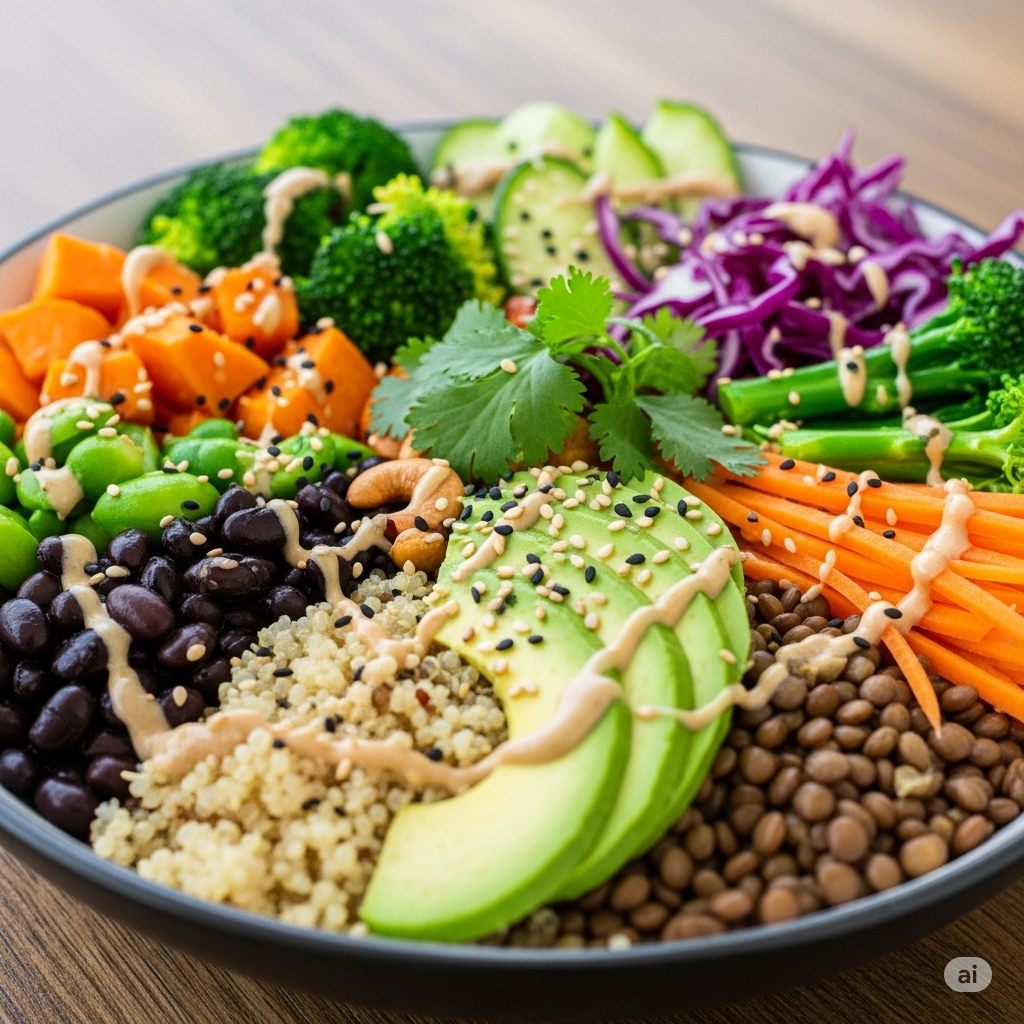
Myth 1: A Plant-Based Diet Doesn’t Provide Enough Protein
The truth: Protein deficiency is extremely rare if you eat a varied plant-based diet.
While it’s true that animal products are rich in protein, plants are also excellent protein sources. Foods like lentils, beans, tofu, tempeh, quinoa, chickpeas, edamame, hemp seeds, and seitan are all packed with protein.
For example:
- 1 cup of cooked lentils contains about 18 grams of protein.
- 100 grams of firm tofu contains about 8–10 grams of protein.
- 2 tablespoons of peanut butter provide 7 grams of protein.
Even athletes are thriving on plant-based diets. Professional tennis champion Novak Djokovic, Formula 1 driver Lewis Hamilton, and countless bodybuilders prove that muscle growth and peak performance are absolutely possible without animal protein.
Key takeaway: As long as you eat a balanced variety of plant foods, you can easily meet your daily protein needs.
If you need a convenient option to boost your protein intake, plant-based protein powders are a great choice. [Check out this top-rated organic plant-based protein powder on Am
Myth 2: Plant-Based Diets Don’t Provide Enough Nutrients
The truth: A well-planned plant-based diet provides all essential nutrients.
Critics often argue that plant-based diets are deficient in important nutrients like vitamin B12, iron, calcium, and omega-3 fatty acids. While it’s true that some nutrients need special attention, they are not exclusive to animal products.
- Vitamin B12:Best obtained through fortified foods (plant milks, nutritional yeast) or supplements.
- Iron:Found in lentils, spinach, beans, quinoa, and pumpkin seeds. Consuming them with vitamin C-rich foods boosts absorption.
- Calcium:Abundant in fortified plant milks, tofu, tahini, almonds, and leafy greens.
- Omega-3s:Found in flaxseeds, chia seeds, hemp seeds, and walnuts.
The American Dietetic Association confirms that appropriately planned plant-based diets are nutritionally adequate for all life stages, including pregnancy, childhood, and athletic performance.
Key takeaway: With proper planning, plant-based diets provide
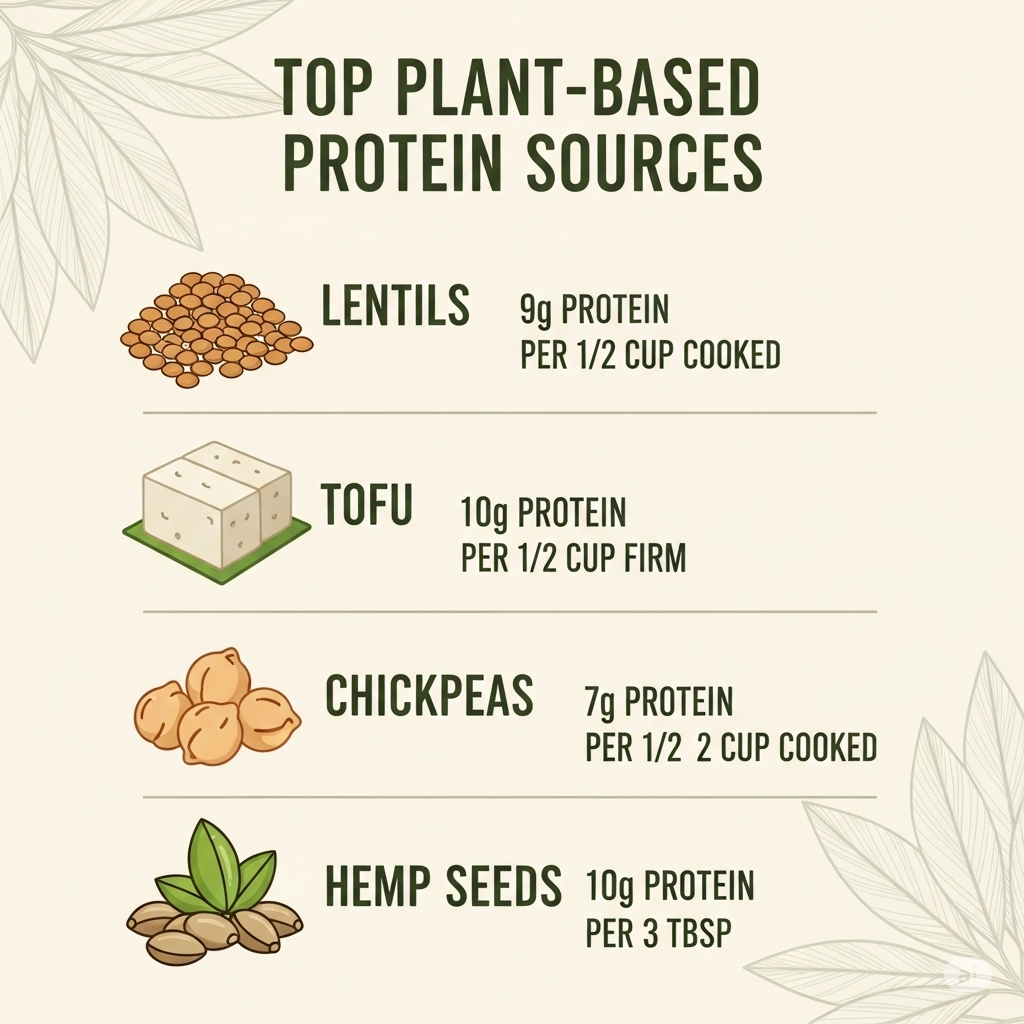
Myth 3: You Can’t Build Muscle Without Meat
The truth: Plant-based athletes prove otherwise every day.
Muscle growth depends on consuming enough calories, protein, and training consistently—not on eating meat. Plant proteins contain all the essential amino acids, and you can easily achieve complete protein by combining foods like rice and beans or hummus and whole-grain pita.
Plant-based protein powders (pea, hemp, soy) make it even easier for athletes to hit their daily protein targets.
Real-world examples:
- Patrik Baboumian, a strongman competitor, broke world records while being completely vegan.
- Venus Williams, a tennis legend, credits her plant-based diet for her improved recovery and endurance.
Key takeaway: Muscle growth is 100% achievable with a plant-based diet—no steak required.
Smoothies, nut milks, and creamy soups make plant-based eating delicious. A quality blender like this one can make meal prep effortless
Myth 4: Plant-Based Diets Are Too Expensive
The truth: Plant-based eating can actually save you money.
Many people think plant-based diets require buying pricey superfoods like quinoa, acai, or almond butter. In reality, the most affordable staples—beans, lentils, rice, potatoes, oats, seasonal fruits, and vegetables—form the foundation of a plant-based diet.
Consider this:
- A bag of lentils or beans costs far less than a pack of chicken or beef.
- Bulk grains like rice and oats provide weeks of meals at a fraction of the cost of animal products.
While specialty vegan products (like mock meats and plant-based cheeses) can be expensive, they’re not necessary for a healthy diet.
Key takeaway: A whole-food, plant-based diet is budget-friendly when focused on basic staples.
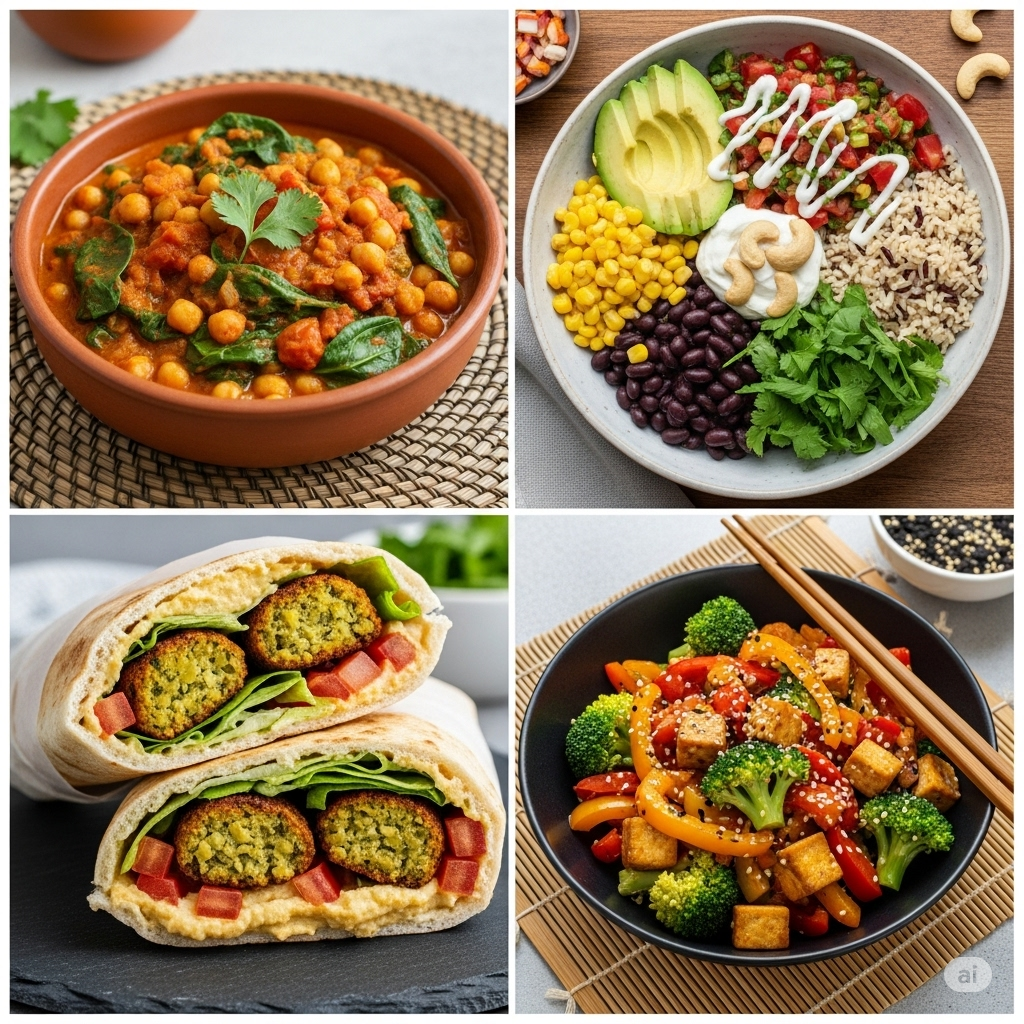
Myth 5: Plant-Based Diets Are Just Salads and Boring Food
The truth: Plant-based food is diverse, flavorful, and satisfying.
Gone are the days when eating plant-based meant boring salads and plain vegetables. Global cuisines are naturally plant-based or can be easily adapted.
Think about:
- Indian curriespacked with lentils, chickpeas, and spices.
- Mexican burrito bowlswith rice, beans, guacamole, and salsa.
- Mediterranean falafel wrapswith hummus, tahini, and fresh veggies.
- Asian stir-frieswith tofu, noodles, and sesame sauce.
Plant-based recipes span flavors, textures, and cuisines. Whether you crave comfort food, gourmet meals, or quick snacks, plant-based options are endless.
Key takeaway: Plant-based eating is anything but boring—it’s a flavorful culinary adventure.
Myth 6: Plant-Based Diets Don’t Provide Enough Energy
The truth: Plants are energy powerhouses.
Carbohydrates are the body’s main energy source, and plant-based diets are naturally rich in them. Whole grains, fruits, vegetables, and legumes provide steady, long-lasting energy without the crashes often associated with processed foods.
Athletes on plant-based diets often report faster recovery times and improved endurance thanks to higher antioxidant and nutrient intake.
Key takeaway: Plant-based diets fuel the body with clean, sustainable energy.
If you’re ready to try more plant-based recipes, this highly-rated vegan cookbook is full of affordable and easy meal ideas. [See it here]
Myth 7: Plant-Based Eating Is Too Difficult to Follow
The truth: With planning, it’s simple and sustainable.
Transitioning to a plant-based diet may feel overwhelming at first, but it’s easier than most people think. Grocery stores now carry a wide range of plant-based staples and alternatives, and countless recipes and resources are available online.
Practical tips:
- Start small by swapping one meal a day with a plant-based option.
- Experiment with plant-based versions of your favorite dishes.
- Batch cook lentils, beans, or grains for quick weekly meals.
As you get comfortable, plant-based eating becomes second nature.
Key takeaway: Plant-based eating is sustainable long-term with gradual changes and simple meal planning.
Myth 8: Plant-Based Diets Are Just a Fad
The truth: They’re here to stay.
Plant-based eating isn’t just a trend; it’s a global shift. Studies show that plant-based diets reduce the risk of chronic diseases like heart disease, type 2 diabetes, and obesity. They also have a much smaller environmental footprint, reducing greenhouse gas emissions, water use, and deforestation.
As awareness grows, plant-based options continue to expand worldwide—from fast-food chains to fine dining. This lifestyle is supported by science, culture, and sustainability goals.
Key takeaway: Plant-based eating is not a fad—it’s the future of food.
The myths surrounding plant-based diets are persistent, but science and real-world experiences prove otherwise. Plant-based eating is not only nutritionally adequate but also affordable, delicious, and powerful for improving health and protecting the planet.
Whether your goal is better health, athletic performance, or reducing your environmental impact, plant-based eating has something to offer. The next time someone says, “You can’t live without meat,” you’ll know the facts—and maybe even inspire them to try a plant-powered meal themselves.
